Cancer cells that spread in the bone marrow live even after chemotherapy and can lead to a recurrence of the disease. Photo: National Cancer Institute/Unsplash
In his new research project, Professor in the Department of Microbiology, Immunology and Parasitology (MIP) at the Federal University of Santa Catarina (UFSC) Edualdo Lummeritz da Rocha It seeks to understand the process of metastasis from breast cancer to the bone marrow and how it is involved in tumor recurrence even after many years of successful treatment of the primary tumor. The work, which could contribute to the development of new treatments that reduce the susceptibility of tumors to recurring, was one of ten selected works. in The Fifth Public Appeal for Science Support by the Instituto SerapelleraIt is a private foundation for the promotion of science.
Malignancy is defined as the spread of cancer cells to secondary organs, and is the leading cause of cancer-related morbidity and mortality. After the primary tumor is removed, cancer cells that spread to the bone marrow early in tumor formation survive even after chemotherapy, causing the disease to recur months or years after successful treatment of the primary tumor. Upon reaching the bone marrow, these breast cancer cancer cells go into dormancy, remain at rest for many years, hiding from destruction by immune cells, and are also resistant to chemotherapy. However, due to factors that are still not well understood, these resting cancer cells are reactivated years later, giving rise to bone metastases, which can also spread to multiple organs, Edualdo explains.
However, it remains unclear how these metastatic cancer cells adapt and survive in the bone marrow during the early stages of tumor development, acquire chemoresistance during adjuvant therapy, and are reactivated to metastasize to bone, and possibly other organs. Edroaldo’s study could help understand the cellular and molecular details of these processes – which is essential for finding therapeutic potential.
“The working hypothesis of the project is that interactions between circulating tumor cells and specialized microenvironments of the bone marrow provide signals that regulate critical properties of tumor cells that have spread to the marrow, such as resting state, chemoresistance, and reactivation,” the study says. . To test this hypothesis, an innovative approach based on bone marrow imaging, transcriptome sequencing (a suite that includes mRNA, ribosome and transfer RNA, as well as microRNA) and computational algorithms will be used to identify intracellular communication networks between tumor cells and the microenvironment. from the bone marrow.
In tests on cells and animals, researchers will block genes critical to the survival of cancer cells and hope to reduce or even prevent metastases from developing after surgery. “This study will have important implications for understanding the behavior and survival mechanisms of these cancer cells,” Edwaldo stresses, stressing that the knowledge generated will be used to determine whether specific gene expression programs can be exploited for therapeutic purposes.
The project is interdisciplinary and provides collaboration with other research groups, such as Laboratory of Cancer Pharmacology and Biochemistry at UFSC (Labcancer)coordinated by Professor Alfaus Zanotto Filho. The funding will also provide high-level training in the fields of computational biology, immunology, and cancer biology for master’s and doctoral students.
The Fifth Call for Science Support from the Instituto Serapellera
On July 24, the Instituto Serapelleira announced the selection of young researchers in its Fifth Public Call to Support Science. The selection sought original and bold projects with big questions that contribute to basic knowledge in the natural sciences, computer science, and mathematics. In the first stage, 260 people submitted a pre-show. Of these, 43 were asked to submit complete proposals and then interviewed with international reviewers. At the end of the process, ten scientists were selected to receive funding from the Institute.
In addition to Edroaldo, another UFSC researcher has been awarded: Professor of the Department of Plant Sciences Katerina Yakovac You will check whether livestock, agriculture and extractives lead to this forest regeneration With adaptation to drier environments, he described the Amazon and Atlantic forests as humid forests.

“Hardcore beer fanatic. Falls down a lot. Professional coffee fan. Music ninja.”

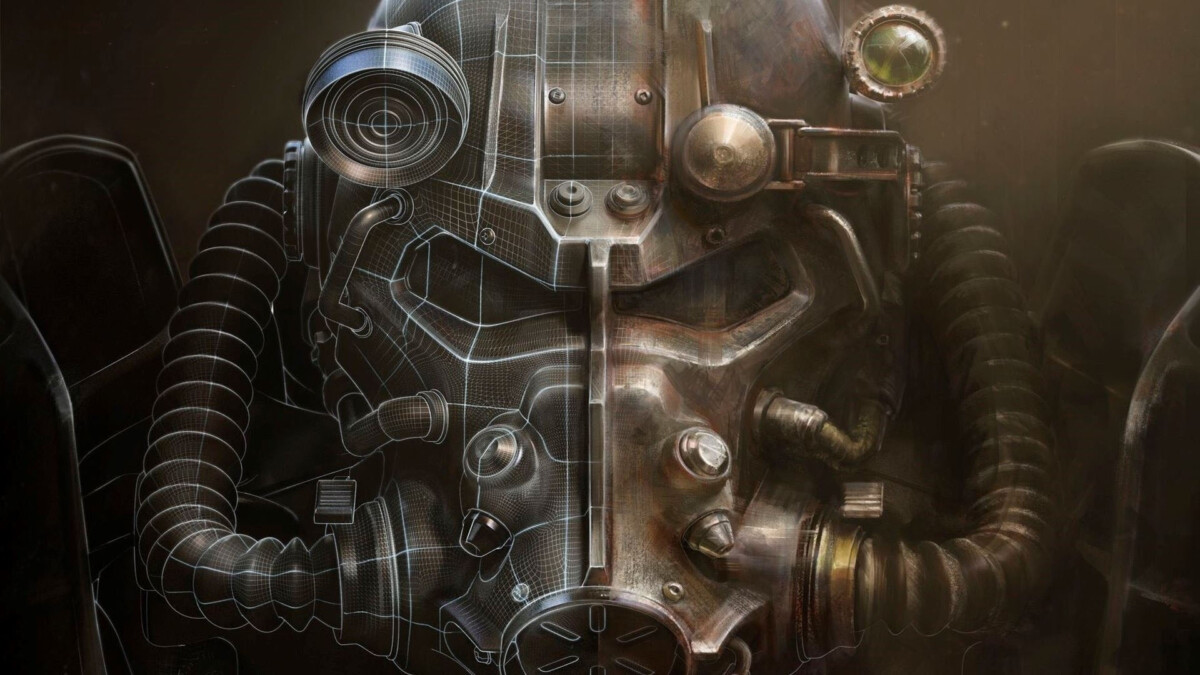
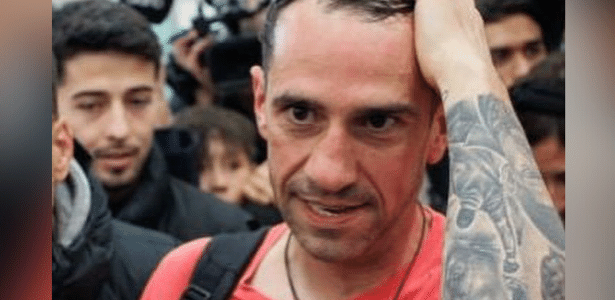

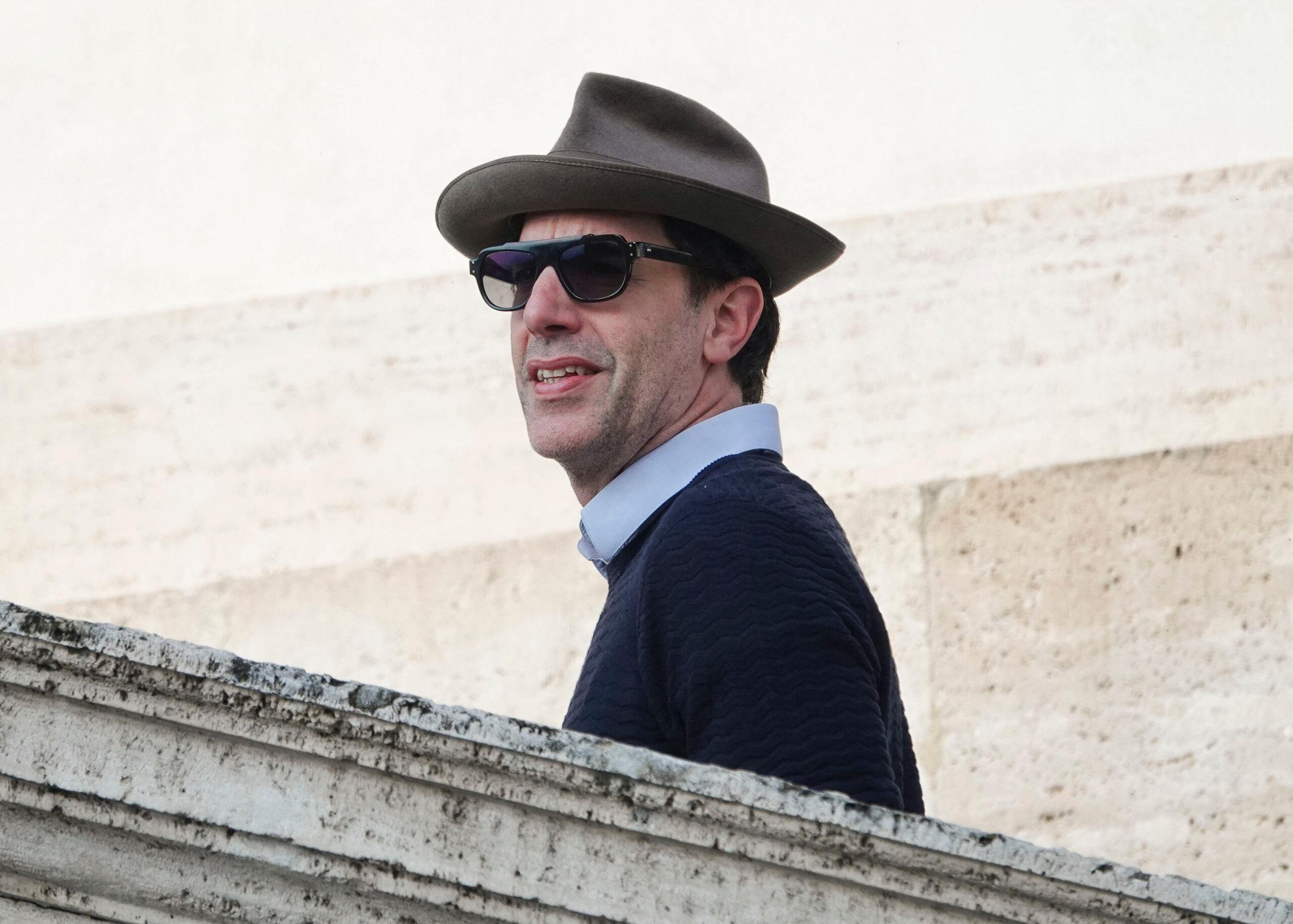
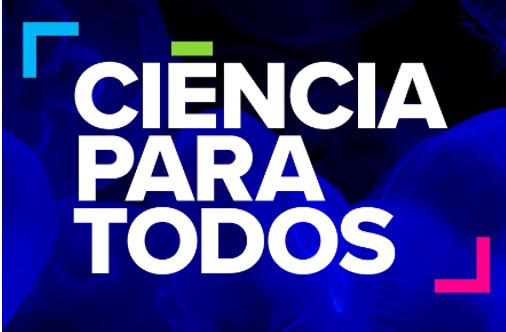
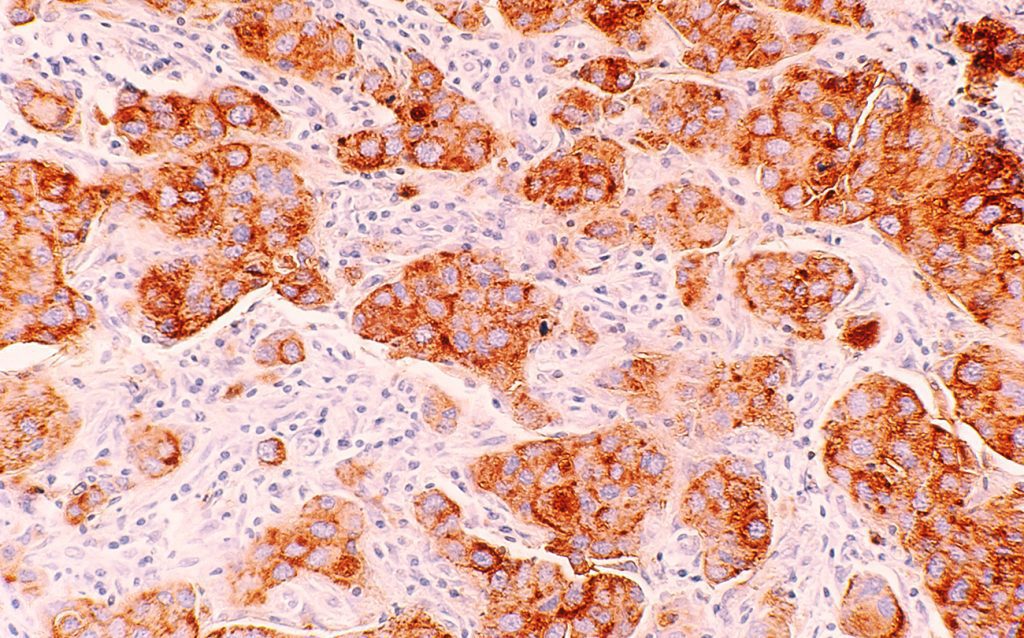
More Stories
Registration is now open for the third cycle of the Science for All Prize
Sonaka workers win improvements to their health plan
Science error? Why doesn't Villa play fully? Discussion columnists